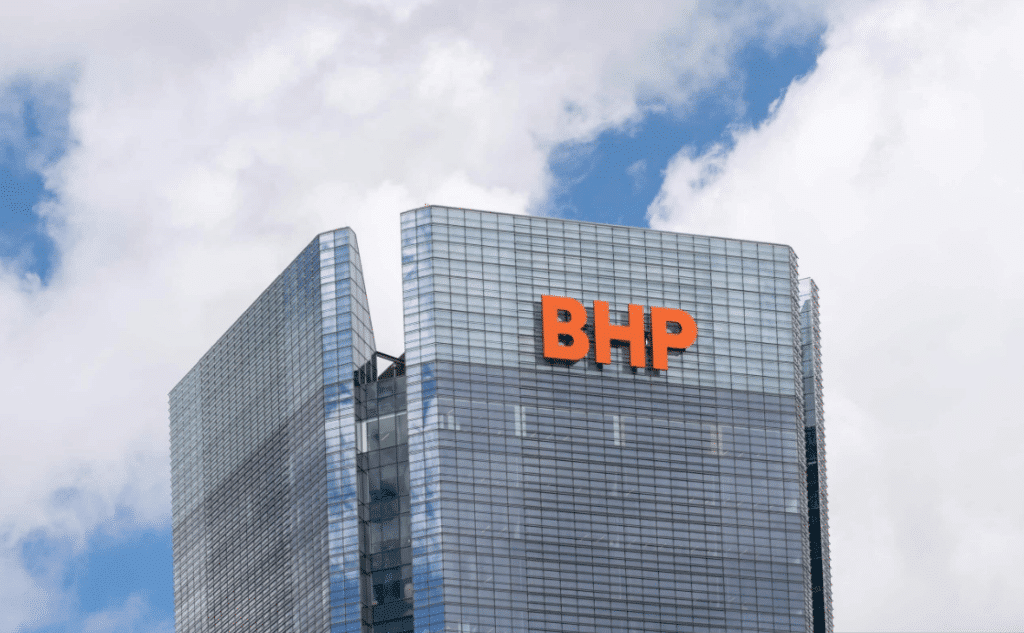BHP delivered strong iron ore production in the second half of 2024 with WAIO shipping record half-year tonnes though the Port Hedland port.
This achievement was enabled by supply chain improvements following the completion of a major port debottlenecking project, which unlocked greater throughput by improving car dumper cycle times and ship loader performance.
WAIO produced 64.8 million tonnes (Mt) of iron ore in the fourth quarter (Q4) of 2024, a two per cent uptick from the prior quarter.
This came after record volumes were delivered from the company’s central Pilbara hub following South Flank’s completed ramp-up in the 2023–24 financial year (FY24).
WAIO FY25 production guidance remains unchanged at between 250 and 260Mt (282 and 294Mt on a 100 per cent basis), with production now expected to be in the upper half of that range.
Looking to the future, BHP said it’s making moves to decarbonise its WAIO operations.
“We are taking action to decarbonise our operated assets and to support decarbonisation in our value chain, including the opening of the Port Hedland solar and battery project to provide renewable power to WAIO’s port facility and announcing the site preferred for development of Australia’s largest ironmaking electric smelting furnace (ESF) pilot plant,” BHP said.
H2 copper volumes were also a highlight, rising by 10 per cent from H1 2024.
At Copper South Australia, a strong performance in the Q3 2024 was followed by a two-week weather-related power outage due to a significant storm at the beginning of Q4.
Olympic Dam’s major infrastructure was maintained during the outage and ramp up after the outage was achieved safely over two weeks.
Performance has been strong since with 30,000 tonnes of copper production achieved across Copper SA in December.
The Escondida copper mine in Chile also performed strongly, achieving a 10-year production record due to a higher concentrator feed grade of 1.03 per cent.
Escondida, which BHP operates and shares in a joint venture with Rio Tinto and JECO Corp, produced 644,000 tonnes in H2 2024.



